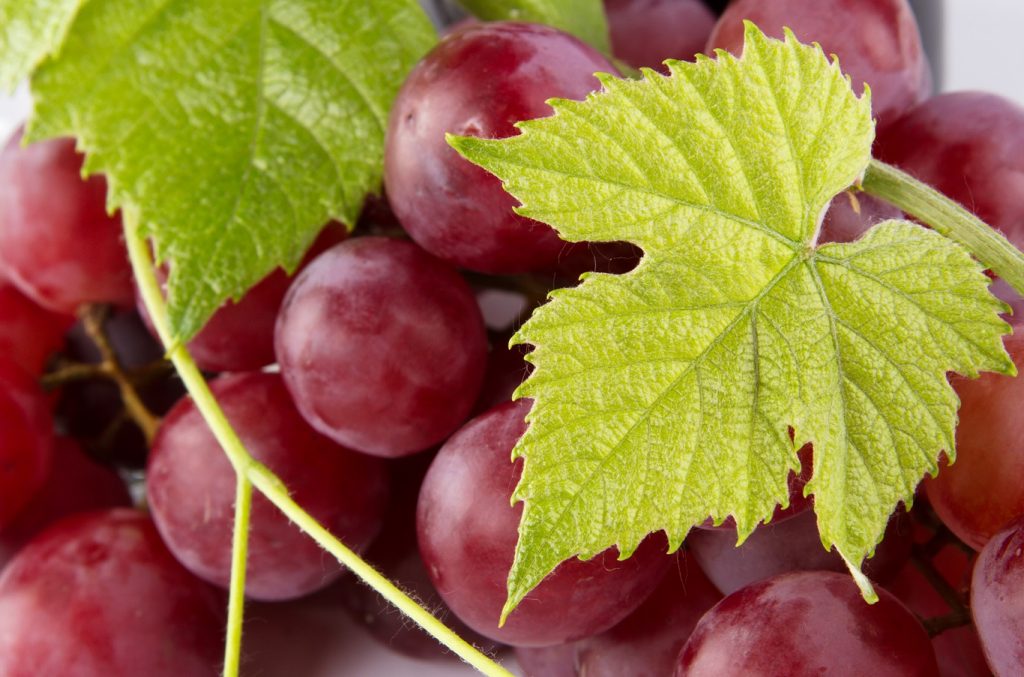Chile upbeat for potential U.S. systems approach protocol for table grapes

 Chile is hopeful that U.S. authorities will soon allow table grapes to be imported without methyl bromide fumigation, following a visit by inspectors earlier this year.
Chile is hopeful that U.S. authorities will soon allow table grapes to be imported without methyl bromide fumigation, following a visit by inspectors earlier this year.
Chile's Fruit Exporters' Association (ASOEX) said that the U.S. Animal and Plant Health Inspection Agency (APHIS) may permit fruit grown in areas free of Lobesia botrana to be brought in under a systems approach.
The requirement of fumigation with methyl bromide has been a hindrance for the Chilean table grape industry, resulting in increased costs and lower quality fruit on arrival at the destination. By contrast, Peru is not currently required by the U.S. to fumigate its grapes.
ASOEX said Chile has been working to remove the requirement for almost two decades. The requirement was temporarily lifted in 2008, following a successful pilot program, but was put in place again following a pest detection.
An APHIS delegation visited the South American country in January this year to inspect the progress of the national Lobesia botrana control program, which is administered by the Agricultural and Livestock Service (SAG).
"Establishing a date for the implementation of the systems approach would be a wild guess, but what we can say is that following the visit in January by APHIS there has been a positive change, which has given us confidence that an agreement will be reached," said SAG representative Rodrigo Astete.
"Later on, there will be an administrative process by APHIS, which makes it very difficult to predict dates.
"However, the important thing here is that in the last letter we received from APHIS in August, it was indicated that due to the low instances of trappings in their last visit to Chile, the Atacama Region, and others in the north of Chile, could qualify for a 'systems approach' for table grapes."
Other areas that could qualify include the Coquimbo and Valparaiso regions, according to Astete.
He expected that an agreement could be reached in the "short to medium-term".
Fernando Sat of the Table Grape Commission said that the approval of a systems approach would be "very positive" for exporters, allowing them to deliver higher quality fruit. There would also be new challenges for the industry in implementing a systems approach, he added.
"As an industry, we believe that this is a big step in assuring a better quality of our grapes in the U.S. and increasing our competitivity," he said.























